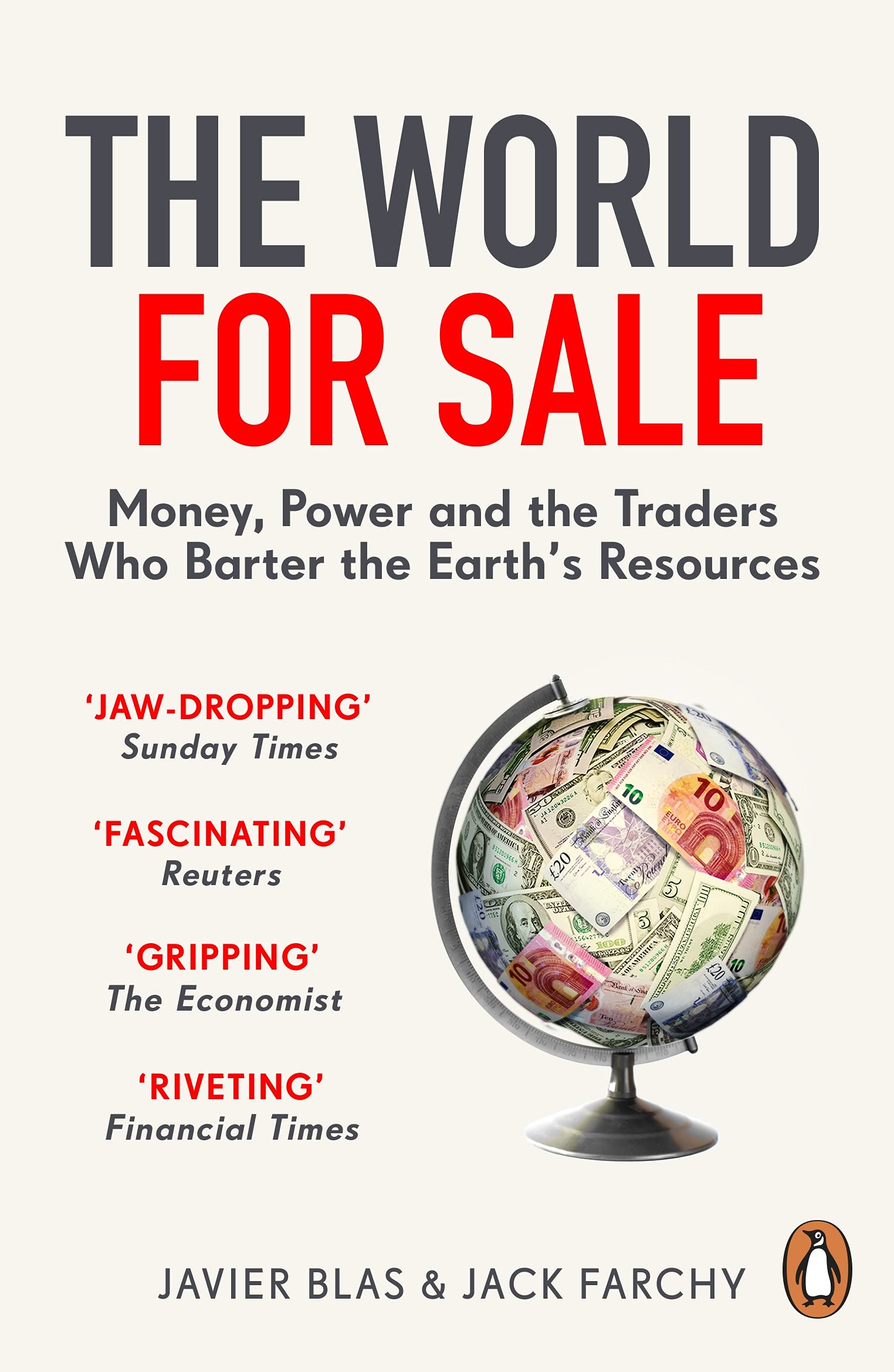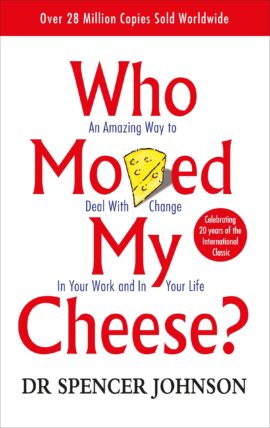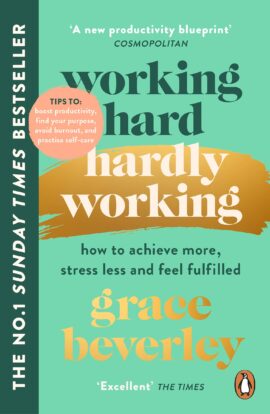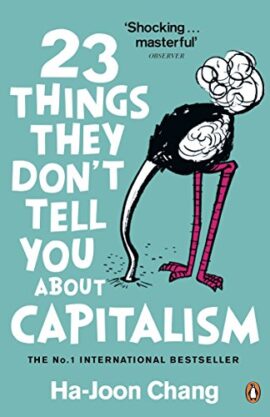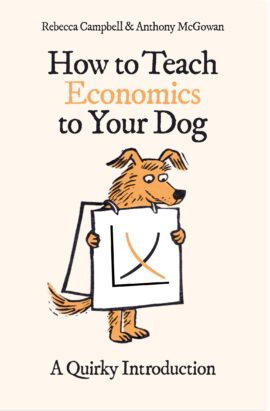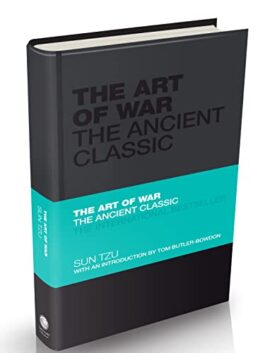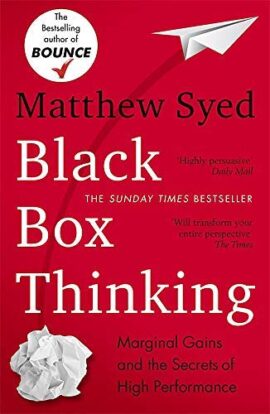«Safe Haven: Investing for Financial Storms» a été ajouté à votre panier. Voir le panier
The World for Sale: Money, Power and the Traders Who Barter the Earths Resources
2.500,00 د.ج
The World for Sale Money Power and the Traders Who Barter the Earth’s Resources
8
Items sold in last 3 days
Félicitation ! vous bénéficiez d'une livraison gratuite !
0
People watching this product now!
Estimated delivery dates: septembre 24, 2025 – octobre 1, 2025
Catégorie : Business
Description
The World for Sale Money Power and the Traders Who Barter the Earth’s Resources
Informations complémentaires
| Editeur |
|---|
Produits similaires
Leading from Purpose: Clarity and the Confidence to Act When It Matters Most
2.070,00 د.ج
Cheese is a metaphor for what you want in life - be it a good job, a loving relationship, money or possessions, health or spiritual peace of mind. And the maze is where you look for what you want - the organization you work in, or the family or community where you live. This book shows how to anticipate change, adapt quickly, enjoy the change and be ready for more, so that you suffer from less stress and enjoy more success in life.
Working Hard, Hardly Working
2.530,00 د.ج
THE #1 SUNDAY TIMES BESTSELLER'Excellent.' The Times'Offers a fresh take on how to create your own balance, be more productive and feel fulfilled in the high-pressure social media age.' Cosmopolitan, 12 BEST NEW BOOKS TO READ'Serves some serious inspiration for the business-minded.' Bustle, TOP DEBUT BOOKS OF 2021'Pinpoints and unpacks the confusing and impossible messages we are all fed about modern work, how we are supposedly meant to be "nailing" all areas of our life all at once.' Emma Gannon________________We all know the pressure of feeling like we should be grinding 24/7 while simultaneously being told that we should 'just relax' and take care of ourselves, like we somehow have to decide between success and sanity. But in today's complex working world, where every hobby can be a hustle and social media is the lens through which we view ourselves and others, this seemingly impossible choice couldn't be further from our reality.In Working Hard, Hardly Working, entrepreneur and self-proclaimed 'lazy workaholic' Grace Beverley challenges this unrealistic and unnecessary split, and offers a fresh take on how to create your own balance, be more productive and feel fulfilled.________________A BOOK TO HELP YOU:Create your own Productivity Method: Work smart and do more of what you loveMake your routine work for you: Optimise your habits and reap the benefitsUnderstand your value: Get into your flow and enjoy your everydayEngage in effective self-care: How stepping back can help you move forwards
23 Things They Don’t Tell You about Capitalism
2.530,00 د.ج
Ha-Joon Chang's 23 Things They Don't Tell You About Capitalism turns received economic wisdom on its head to show you how the world really works.In this revelatory book, Ha-Joon Chang destroys the biggest myths of our times and shows us an alternative view of the world, including:There's no such thing as a 'free' marketGlobalization isn't making the world richerWe don't live in a digital world - the washing machine has changed lives more than the internetPoor countries are more entrepreneurial than rich onesHigher paid managers don't produce better resultsWe don't have to accept things as they are any longer. Ha-Joon Chang is here to show us there's a better way.'Lively, accessible and provocative ... read this book'Sunday Times'A witty and timely debunking of some of the biggest myths surrounding the global economy'Observer'The new kid on the economics block ... Chang's iconoclastic attitude has won him fans'Independent on Sunday'Lucid ... audacious ... increasingly influential ... will provoke physical symptoms of revulsion if you are in any way involved in high finance'Guardian'Important ... persuasive ... an engaging case for a more caring era of globalization'Financial Times'A must-read ... incisive and entertaining'New Statesman Books of the YearHa-Joon Chang is a Reader in the Political Economy of Development at the University of Cambridge. He is author of Kicking Away the Ladder: Development Strategy in Historical Perspective, which won the 2003 Gunnar Myrdal Prize, and Bad Samaritans: Rich Nations, Poor Policies and the Threat to the Developing World. Since the beginning of the 2008 economic crisis, he has been a regular contributor to the Guardian, and a vocal critic of the failures of our economic system.
Masters of Mankind: Essays and Lectures, 1969-2013
2.530,00 د.ج
In this collection of essays from 1969-2013, many in book form for the first time, Noam Chomsky exposes the real nature of state power. With unrelenting logic, he holds the arguments of empire up to critical examination and shatters the myths of those who protect the power and privilege of the few against the interests and needs to the many.Covering like 'Human Intelligence and the Environment', 'Terror, Justice and Self-Defence' and 'The Welfare-Warfare state', this is an indispensable compilation of searing insights into the state of our modern world.In this collection of essays from 1969-2013, many in book form for the first time, Noam Chomsky exposes the real nature of state power. With unrelenting logic, he holds the arguments of empire up to critical examination and shatters the myths of those who protect the power and privilege of the few against the interests and needs to the many.Covering like 'Human Intelligence and the Environment', 'Terror, Justice and Self-Defence' and 'The Welfare-Warfare state', this is an indispensable compilation of searing insights into the state of our modern world.'Arguably the most important intellectual alive' New York Times on Noam Chomsky'Noam Chomsky is a global phenomenon . . . he may be the most widely read American voice on the planet today' NYT Book Review'Will there ever again be a public intellectual who commands the attention of so many across the planet?' New Statesman'The west's most prominent critic of US imperialism . . . the closest thing in the English-speaking world to an intellectual superstar' Guardian
How to Teach Economics to Your Dog: A Quirky Introduction
2.300,00 د.ج
A fun take on some of the biggest questions in economics, made accessible for non-experts (and dogs)Monty is a dog, not a financial genius, but economics still shapes his everyday life.Over the course of seventeen walks, Dr Rebecca Campbell chews over economic concepts and investigates how they apply to our lives – people and mutts alike. There are no graphs, no charts (Monty can’t read them) and definitely no calculus!How to Teach Economics to Your Dog tackles the knotty question of what economics actually is. Is it a mathematical science like physics? Or a moral and philosophical investigation of how societies should manage scarce resources?Along the way we meet some of the great thinkers from Adam Smith to Thomas Piketty, and ponder questions such as: What on earth does quantitative easing mean? And why are some countries so much richer than others?
The Art of War: The Ancient Classic
2.760,00 د.ج
The original and bestselling leadership book!Sun Tzu's ideas on survival and success have been read across the world for centuries. Today they can still be applied to business, politics and life. The Art of Wardemonstrates how to win without conflict. It shows that with enough intelligence and planning, it is possible to conquer with a minimum of force and little destruction.While most of us will never find ourselves in real battle situations, we all need strategies to operate effectively in work, love and life, we need to be able to manage conflict, and we need to be skilled at dealing with people. The Art of War is a time-tested resource for 'victory' in each of these areas, and has been proven over time.This luxury hardback edition includes an introduction by Tom Butler-Bowdon that draws out lessons for managers and business leaders, and highlights the power of Sun Tzu's thinking in everyday life.
Black Box Thinking
2.530,00 د.ج
